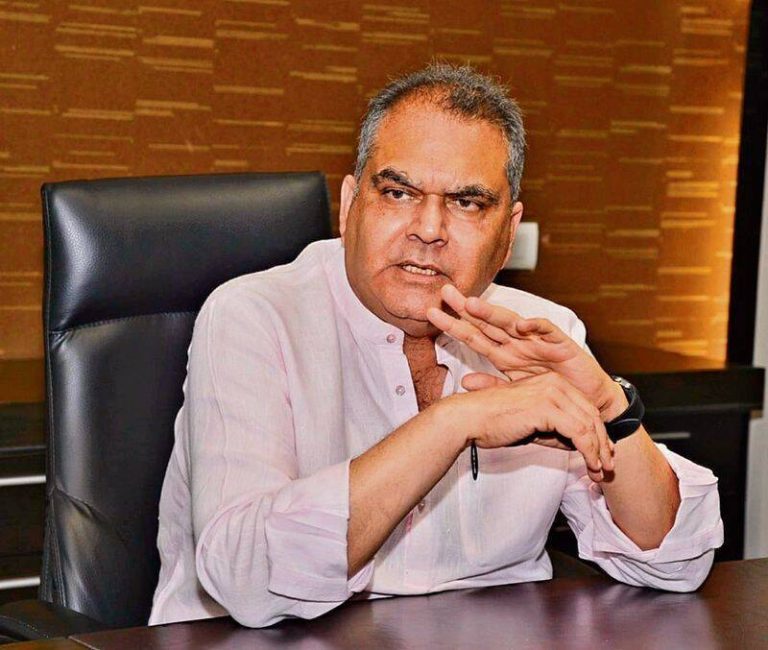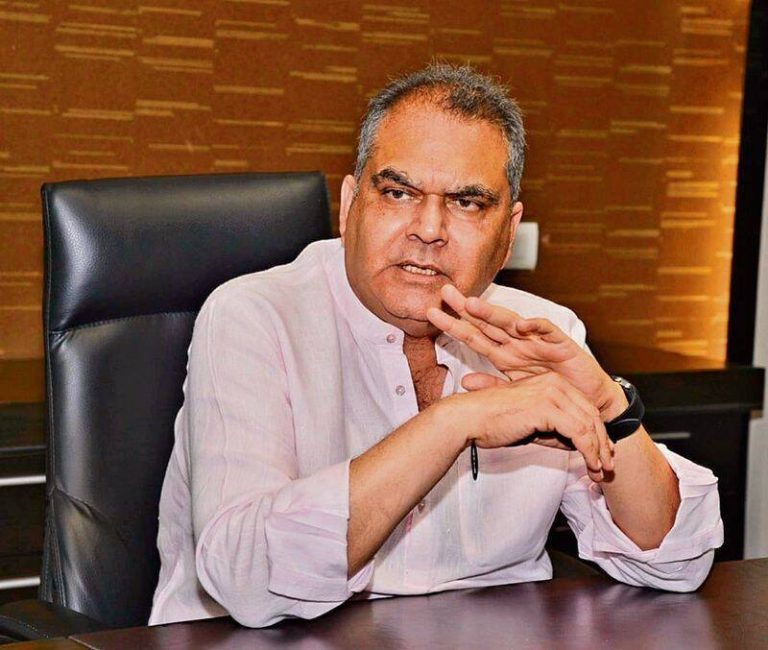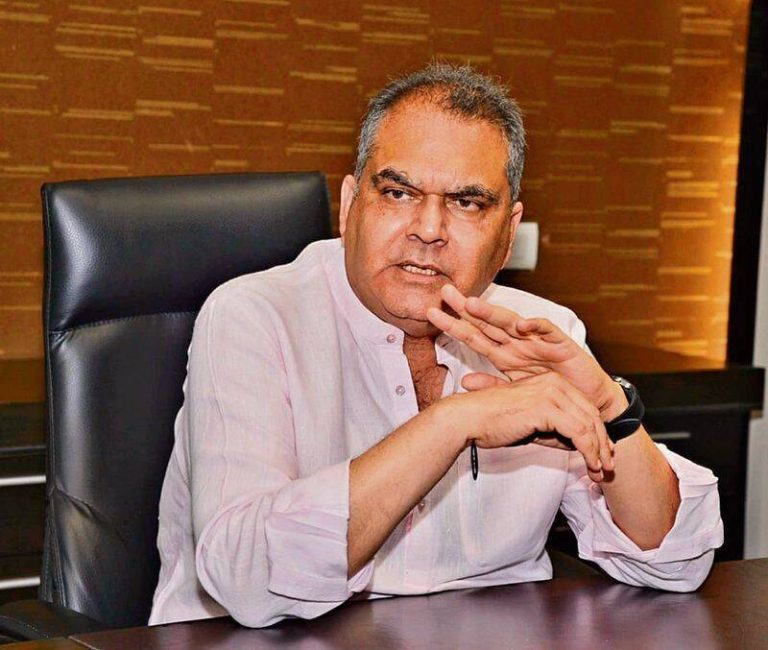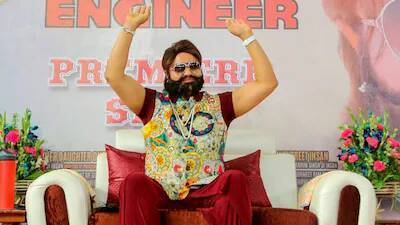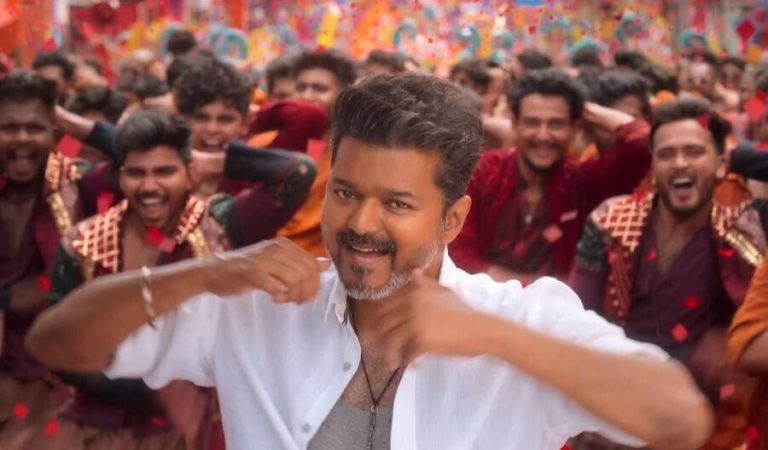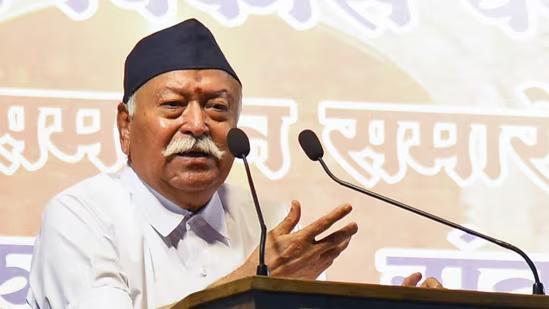
Muslims & Christians are also Hindus if they follow Indian culture: RSS chief Bhagwat
In a recent statement, Rashtriya Swayamsevak Sangh (RSS) chief Mohan Bhagwat sparked a debate by redefining the term “Hindu.” According to Bhagwat, anyone who takes pride in Bharat, or India, can be considered a Hindu. This statement has far-reaching implications, as it seeks to broaden the definition of Hinduism to include people from other faiths who identify with Indian culture.
Bhagwat’s comments were made during a speech, where he emphasized that being a Hindu is not just about following a particular set of customs or traditions, but about one’s allegiance to the country. He said, “If Muslims and Christians, even without giving up their worship, customs and traditions, worship this country, follow Indian culture…then they are Hindus.” This statement suggests that Bhagwat is attempting to shift the focus from religious dogma to cultural identity.
By expanding the definition of Hinduism to include people from other faiths, Bhagwat is, in essence, attempting to create a sense of unity among Indians. He believes that if people from different religious backgrounds can identify with Indian culture and take pride in their country, then they can be considered Hindus. This approach is not without its challenges, as it raises questions about the role of religion in defining one’s identity.
Bhagwat’s statement also has significant implications for the concept of a “Hindu Rashtra,” or a Hindu nation. The RSS has long been a proponent of the idea of a Hindu Rashtra, which has been a subject of debate in India. However, Bhagwat’s recent comments suggest that he does not believe that India needs an official label to be a Hindu Rashtra. According to him, India’s civilization already reflects the values and principles of Hinduism, making it a de facto Hindu Rashtra.
This perspective is not without its critics, as some argue that Bhagwat’s definition of Hinduism is too broad and ignores the complexities of religious identity. Others argue that his comments are an attempt to co-opt people from other faiths into the Hindu fold, which could be seen as a form of cultural imperialism.
Despite these criticisms, Bhagwat’s statement reflects a broader trend in India, where there is a growing emphasis on cultural nationalism. This trend seeks to promote a sense of shared identity among Indians, based on a common culture and history. The idea is that, despite their religious differences, Indians can come together to celebrate their shared heritage and promote a sense of national unity.
In this context, Bhagwat’s comments can be seen as an attempt to promote a more inclusive definition of Hinduism, one that emphasizes cultural identity over religious dogma. By broadening the definition of Hinduism to include people from other faiths, Bhagwat is, in essence, attempting to create a sense of shared citizenship among Indians.
However, this approach also raises questions about the role of minority communities in India. If being a Hindu is defined solely by one’s allegiance to the country and its culture, then what does this mean for people from other faiths who may not identify with Hinduism? Does this mean that they are somehow less Indian, or that they are not entitled to the same rights and privileges as Hindus?
These are complex questions, and ones that will likely be debated in the coming days and weeks. However, one thing is clear: Bhagwat’s statement reflects a growing trend in India, where there is a increasing emphasis on cultural nationalism and a sense of shared identity among Indians.
In conclusion, RSS chief Mohan Bhagwat’s statement that Muslims and Christians can be considered Hindus if they follow Indian culture and take pride in their country is a significant development in the ongoing debate about the definition of Hinduism. While this statement has been met with both praise and criticism, it reflects a broader trend in India, where there is a growing emphasis on cultural nationalism and a sense of shared identity among Indians.
As India continues to grapple with the complexities of religious identity and cultural nationalism, it is clear that Bhagwat’s statement will have far-reaching implications. Whether or not one agrees with his definition of Hinduism, it is undeniable that his comments have sparked an important debate about the role of culture and religion in defining one’s identity.
